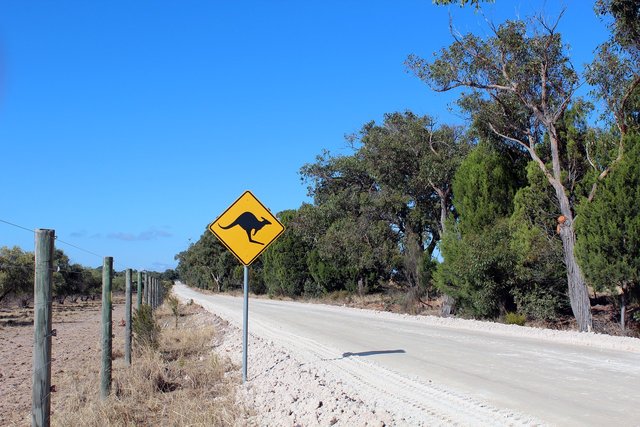Moving to Australia - Ultimate Checklist
Each year, thousands of expats descend upon Australia to start a new life. From its favourable climate to the laidback atmosphere, the country is an exciting prospect for lots of reasons. If you're due to join the ever-growing list of people who have moved to Australia, it's time to start making some plans. With our ultimate checklist, you can make your move as successful and stress-free as possible.
Essential documents and items
Having the right documents plays a big role in making your move a success. In addition to influencing your ability to enter the country, you need certain items to secure a job. Here are some documents for you to include:
- A passport that has at least six months left on it.
- Your driving license, with an up to date address.
- Your original visa and any documents that need to go with it.
- Birth certificates and any certificates that demonstrate a change of name, such as a marriage certificate.
- Any documents that prove where you'll be staying when you first arrive in Australia.
In addition to bringing all the documents above, make sure you photocopy them. That way, in the unlikely event that they're lost or stolen, you have proof of the originals. Having photocopies proves especially useful if you need to obtain an emergency passport from your embassy.
Everything you need to stay safe
Although Australia is primarily a safe country, some of your safety relies on how well you care for yourself. Make sure you do the following before moving here:
- Arrange for medical insurance.
- Update the emergency contact information on your phone.
- Create a list of essential agencies and their contact details. For example, the embassy that represents your country of origin.
- Take out insurance that covers loss, damage, or theft of any expensive electronic items.
- Inform the government in your country of origin that you're moving elsewhere. Doing this helps you avoid fines for not attending jury service, failing to register on the electoral role, and other such scenarios.
Creating a life for yourself
It isn't advisable to just catch a flight to Australia and hope for the best. Instead, you should begin planning your new life around six months before you're due to arrive. To make your adventure easier, do the following:
- Write out a new CV and polish it up so that prospective employers are keen to hire you.
- If you plan on doing a job such as fruit picking or farm work, register with a reputable agency.
- If you're moving to Australia with your family, enrol your little ones in a school as soon as you can.
- Start decluttering and sell any belongings you no longer want. The money you make can contribute to your move. If you can't sell something, donate it or recycle it.
- Secure your first few weeks of accommodation. Make sure you do your research thoroughly to avoid being scammed.
- If you own a property in your country of origin, think about what you want to do with it. Would you like to rent it out for an additional income? Or, would you find it easier to sell it?
- Look into your car driving options for when you arrive. In some cases, it's necessary to sit the Australian driving test to prove your competency.
- Book your flights and make sure you make transport arrangements for reaching the airport.
Managing your finances ahead of your move
Moving to Australia means you're leaving one financial life behind and starting another one elsewhere. To avoid any financial mishaps, tick the following tasks off your list:
- Inform your bank of what you're doing. If there's a lag between closing your old account and opening an Australian one, doing this could prevent fraud alerts.
- Clear any outstanding debts you have.
- To prevent damaging your credit rating, close any utility and mobile phone accounts before leaving.
- Inform your country's tax office of your move and ask what your options are for moving between the two tax systems.
- Ask your bank if they can provide you with any credit references. They may be required when you're applying for financial products in Australia.
- Try to establish an Australian bank account before you move. It'll make it easier for you to transition between your finances in your home country and your finances abroad.
- If necessary, apply for any loans or credit cards before moving. You may find that you can only do this after your move, though.
- Start establishing any other essential financial products before the move takes place. This should include utility bills and a mobile phone contract so you can stay in touch with friends and family at home.
What to do when you arrive in Australia
Depending on where you flew from, you're likely to feel tired when you arrive. Before you start exploring the area, head to your accommodation and begin catching up on sleep. Now's the time to start regulating your sleep-wake cycle so it matches your new timezone.
In addition to getting some rest, try the following:
- Explore the local area and see where all your essentials are. For example, if you know you love coffee, begin hunting for your favourite cafe.
- Start connecting your phone, tablet, and other electronic devices to their networks. With the right phone on your side, you can navigate your new locale, contact your loved ones, and organise your new life on the go. For example, at Vodafone, you can get SIM Only Plans that'll make your transition breezy.
- Register with your local consulate.
- Start liaising with your new employer and get to know your colleagues.
Planning your move to Australia takes a little work, but it's worth it in the end.
